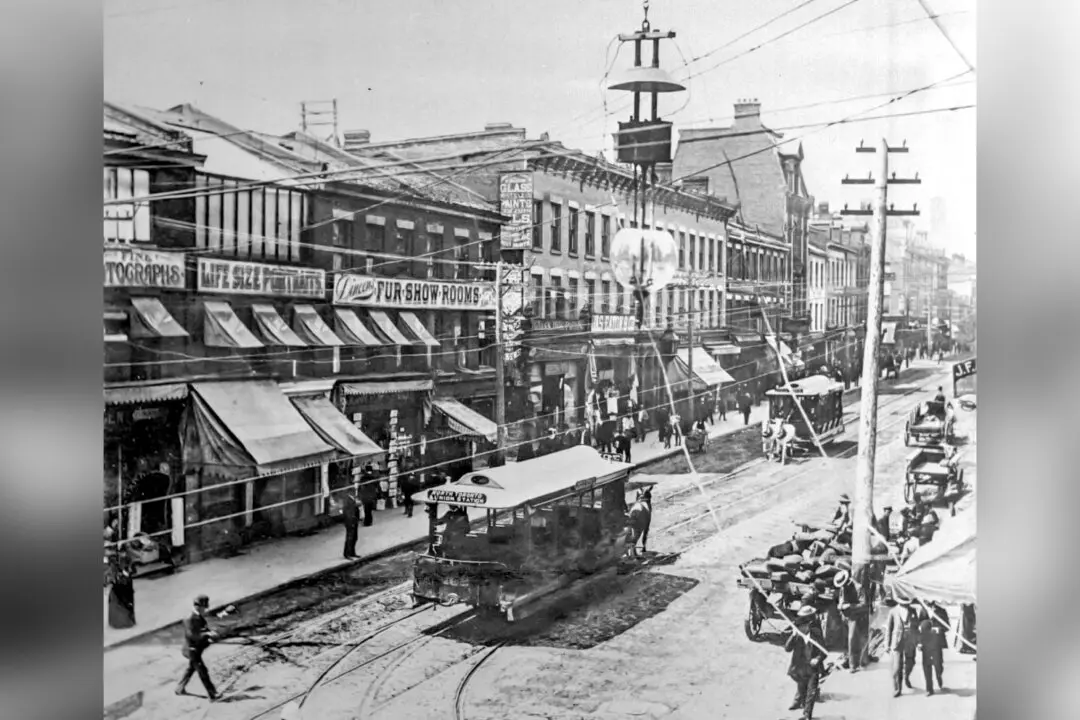When thousands of tons of explosive material detonated in Beirut last week, everyone knew what was to blame. It wasn’t an absentee ship owner; it wasn’t terrorism; it wasn’t careless workmen. It was corruption—the corruption that has seeped into the bones of Lebanon where every contract, every job opening, every bureaucratic or political move is dictated by the interests of one or other of the sectarian cliques running the country. It is because of the selfish interests of these gangsters that garbage fills the streets of this once-beautiful capital city, why electricity is available only a few hours a day, and why foreign countries will not give disaster relief money directly to the government, knowing that it would only find its way into the pockets of warlords in Armani suits.

People gather at Martyrs' Square in Beirut as demonstrators took to the streets to protest against government corruption following the deadly explosion that devastated large parts of the city, in Lebanon on Aug. 9, 2020. AP Photo/Felipe Dana
|Updated:
Commentary




